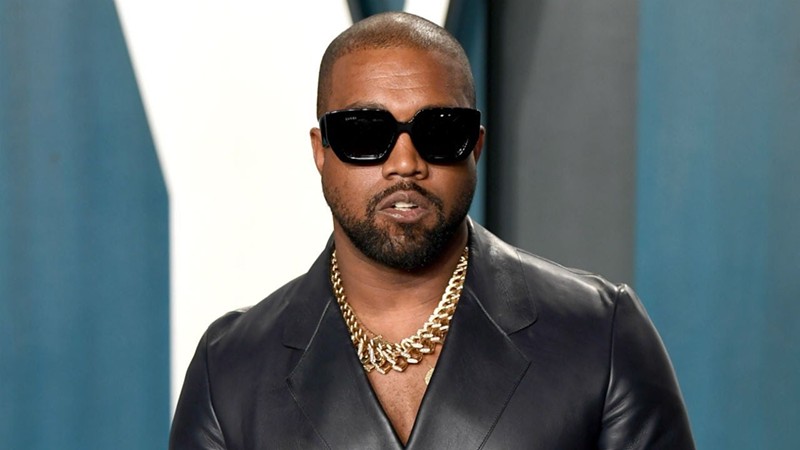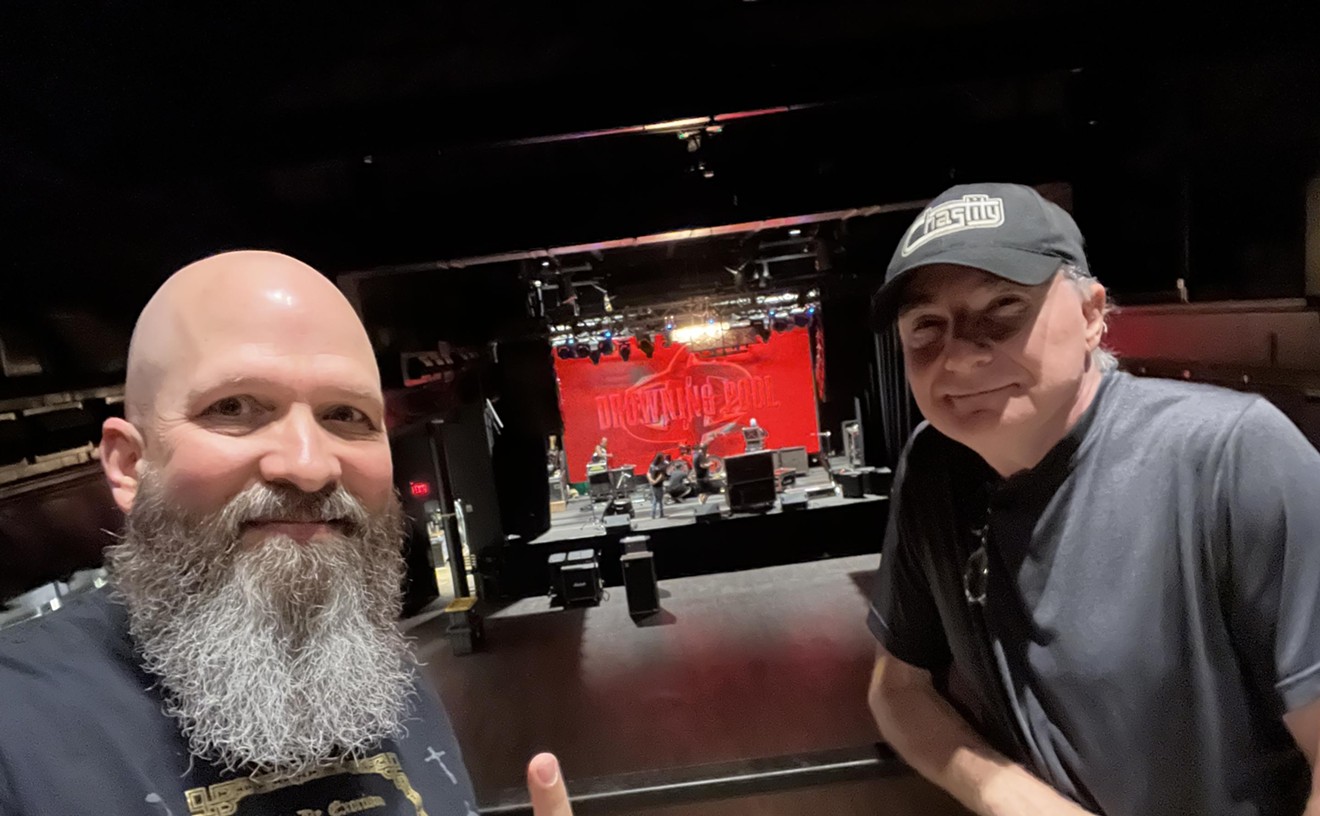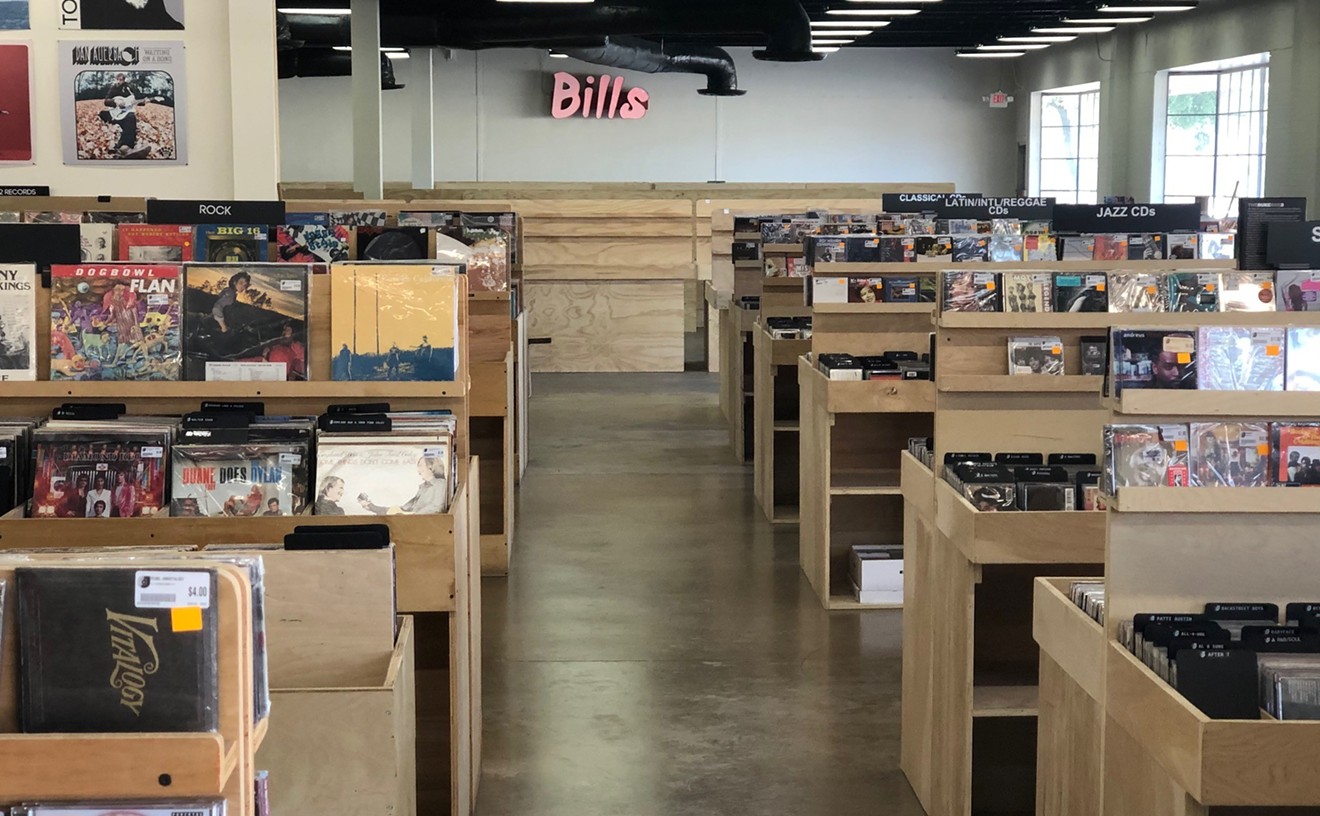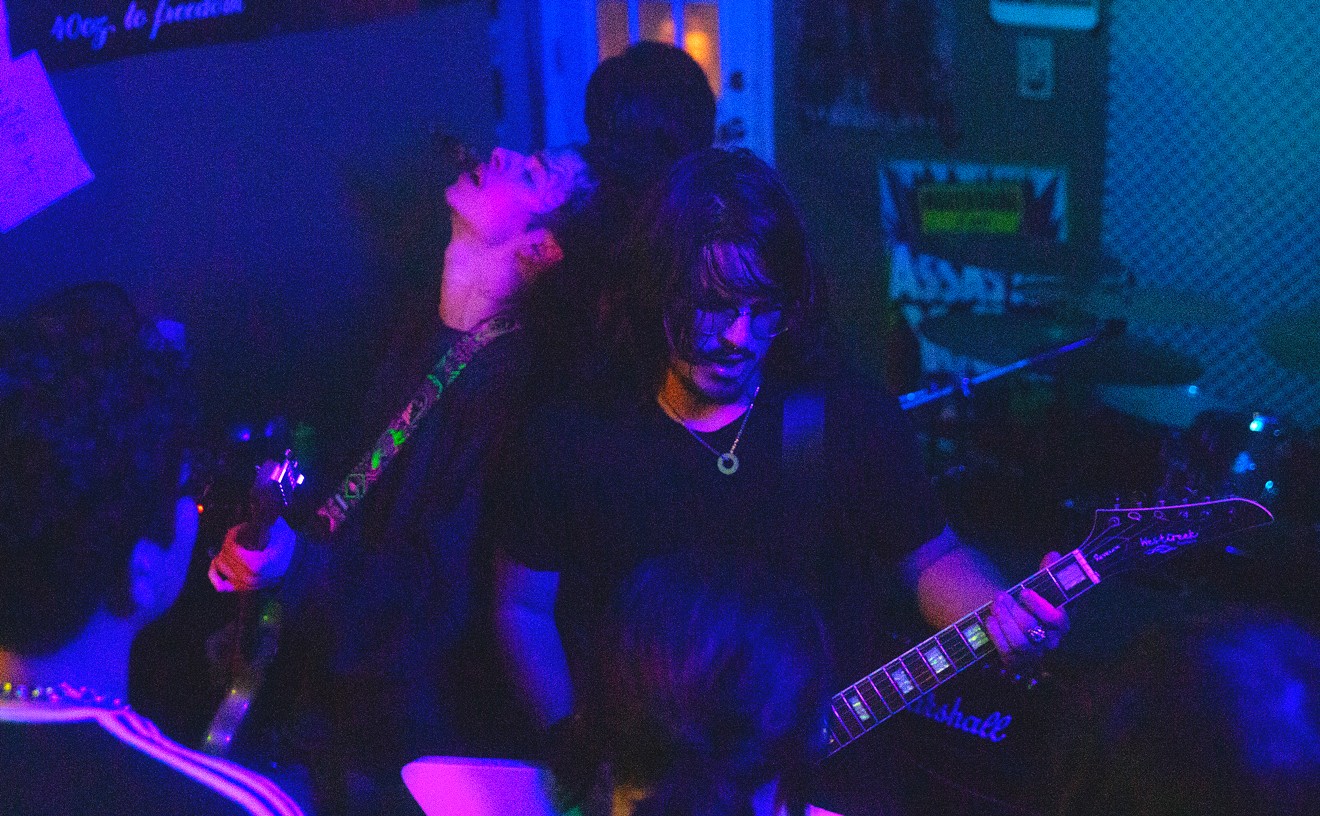First, most Black people who need mental health care don’t get it. Only one in three of us get the help we need. Most of us never do. Most of us don’t report. Those of us who do try to get help often have terrible experiences. Most mental health professionals are not trained or equipped to deal with the racial traumas and cultural specificities of Black patients. Only 2% of psychiatrists in this country are Black. When Black people have mood disorders like bipolar disorder they are far more likely than white people to be imprisoned instead of treated.
Additionally, in my experience, Black people don’t like to talk about mental health issues. My family didn’t. We ignored mental health issues. We used euphemisms. There were people who were “a bit touched,” who "got in their moods,” who were “a little crazy.” And the community's strong ties to church only complicates things. How could you be depressed and simultaneously believe in Jesus? How could you take medicine yet believe in a higher power? It's as if somehow the brain is not considered part of the body, although it can become as broken and dysfunctional as any other part.
I am grateful that these attitudes are shifting. It has shifted in my family, in my church and with my close friends. We talk more openly about our mental health, and we check in with each other.When Black people have mood disorders like bipolar disorder they are far more likely than white people to be imprisoned instead of treated.
tweet this
During these times of COVID-19, social distance and mass protesting, it's more important than ever to care for each other. People are feeling lonely. Mental health issues like depression, which had already been rising precipitously over the last five years, have been exacerbated by our new normal. Simply put, people are not doing well. Everyone likely knows someone who needs mental health care or is receiving mental health care. And they are watching the world laugh at, deny, or scorn a mentally ill person. How you talk about Kanye might discourage them from getting the help they need.
And, yes, I get it. Kanye is anti-Black and problematic. He is a celebrity and wealthy. He is a misogynist. He is not the only Black celebrity with mental health issues, so why does he deserve our attention? Because we have watched his life play out publicly for 16 years and have watched him struggle with his mental health issues for 16 years.
I cried when I read the cover art of his album Ye, where he scrawled “I hate being bipolar, it's awesome,” because I had never seen someone with the magnitude of Kanye's platform so directly acknowledging being bipolar. And he nailed it. Every bipolar person I talked to knew exactly what he was talking about.
One of the things I have learned from therapy is to avoid extremes, to beware of "either/or" scenarios. I believe that we can still call for the arrest of the cops who killed Breonna Taylor and talk about how mental illness is often mocked, dismissed, stigmatized and ignored. We can talk about the publicly documented, medically diagnosed and personally affirmed years-long history of mental illness of Kanye West and his need for treatment and help without liking him, his music, or his anti-Blackness. We can hold Ye accountable for his words and actions while also holding ourselves accountable for how we routinely fail Black people who suffer from mental illness.
Since West is so rich, so famous, and so divisive, it is easy not to have empathy for him as a Black mental health care patient who needs help. It is easy to ignore the fact that we are watching a person have a psychotic episode in public, and it is not entertaining, it is not just content, it is not just for our amusement. And it is easy to pretend that this problem is unique to Kanye West, that he is the only Black person who does not get the help that they need, that his suffering is somehow divorced from our own.











